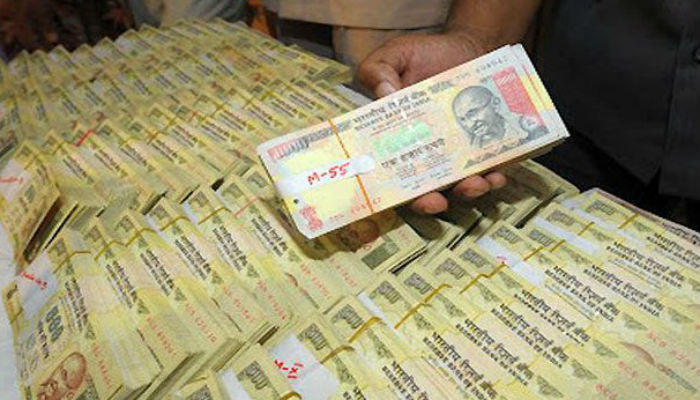Mauritius treaty is a diplomatic victory for Modi and a jolt to benami investors

The reworked India-Mauritius tax treaty, an amendment to a 32 year old rule, is a major bad news for investors who have been entering India through the convenient-Mauritius/Singapore route to avoid paying capital gain taxes, and also to Indian black money holders who round-trip unaccounted money from India through tax havens back to the home soil as legitimate cash.
For PM Narendra Modi, the treaty is a clear diplomatic victory. India has been trying to renegotiate the treaty with Mauritius since 1996, but has had no luck so far. It’s good news for Indian economy that is struggling to curb black money, and also brings in more clarity as far as the taxation of inward fund flows is concerned. By bringing Mauritius to the negotiation table and sign the deal, Modi has managed to seal a landmark amendment to curb inflow of black money via tax havens. The Mauritius treaty applies equally to Singapore as well, hence investors cannot use that channel as well.
Why the amendment is important? The 1983 tax treaty with Mauritius allowed foreign investors to enter India without paying any tax on sale of shares if they route their money through tax havens such as Mauritius. Besides, Indians too rampantly channelled their money to Mauritius and then back to India to skip paying taxes.
They had to still pay taxes in Mauritius on sale of securities but that wasn’t difficult since tax rates in that country is too low. This was an easy route also for black money holders in India to bring out their unaccounted wealth back to the country by first taking out the money to one of the tax havens such as Mauritius using a web of transactions not easy to identify for the taxmen. That route would be fully closed by 2019.
As mentioned earlier, the amendment to the India Mauritius-treaty would also impact the India –Singapore treaty — another entry point for foreign investors to India to avoid paying taxes. Under the current structure, investors have to pay a short-term capital gains tax of 15 percent in India. But on account of the tax treaty, investors operating through the Mauritius route even avoided paying short-term capital gains tax in India.
Though the amendment would create short-term tremors in the foreign investor community looking at India, the way the amendment has been structured shouldn’t cause much concern since the amendment is on a prospective basis. All investments made till 1 April, 2017 would not be affected with the new change. Even after that till March, 2019, only half rate will apply. This would mean that all those currently having investment plans can execute it without ‘fear’ till April 2017. The government has done well in implementing the new regime in a staggered manner to avoid big short term shocks.
Also, the new rules break the back of the practice of individuals and companies creating shell companies in Mauritius to round trip money. These companies will only remain on paper. The amendment addresses this issue by stipulating that a resident is deemed to be a shell/conduit company, if its total expenditure on operations in Mauritius is less than Rs 27,00,000 (Mauritian Rupees 15,00,000) in the immediately preceding 12 months. This is one of the major reason why Mauritius and Singapore contributed as the major FDI investment destinations. Currently, about half of the total FDIs to India is from Mauritius and Singapore.
The amendment will certainly impact fund inflows to India in the next few years since there is no easy money anymore, but it will ensure the quality of inward capital flows and only bonafide investors will enter once there is parity in the tax regime. This would also help India to be seen as a maturing economy with respect to taxation of foreign money. With Singapore and Mauritius being brought under the treaty, the Government should next target other tax havens such as Cyprus.
But, India still has the challenge of renegotiating the Indo-US tax treaty during this transition period. As Daksha Baxi of Khaitan and Co points out, the real issue that India needs to now tackle is re-negotiating the India-US treaty to get ‘resourcing’ rule incorporated in that treaty similar to what US has with many other countries including China.
Currently, the source rules in the US prevents an US resident from claiming credit for the Indian capital gains taxes against the US capital gains tax liability. “If India succeeds in renegotiating the India-US treaty within this transition period, the US investor would be less weary and concerned about the capital gains tax incidence in India,’ Baxi says.
The Modi-government deserves credit for making Mauritius signing the landmark amendment. This is a major step in curbing the black money and gives more credibility to Modi-government’s stated agenda of curbing black money in the economy, even if the NDA-government risks the wrath of foreign investors who hate paying taxes.
Courtesy:FP




